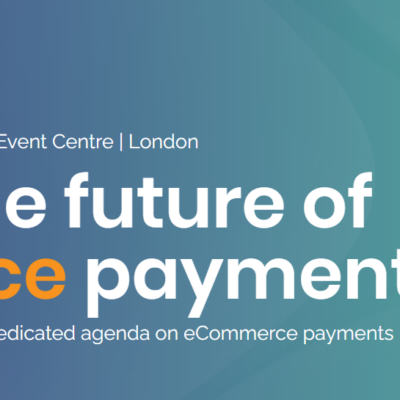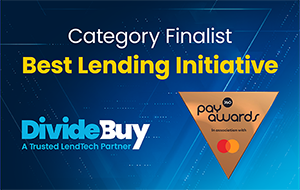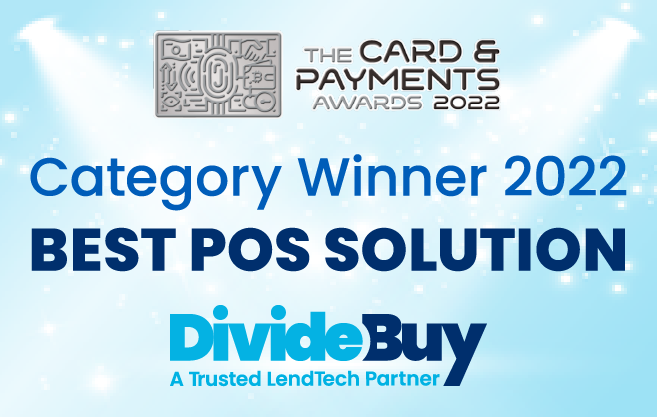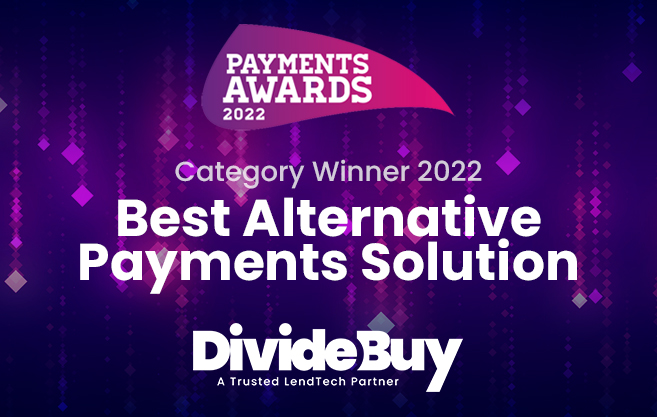Point of sale (POS) finance or Buy Now Pay Later (BNPL) options aren’t as new as you might think, in fact, in the 1920s products were regularly purchased through agreed monthly repayments. The difference now is that we live in a digital world, and this has hugely evolved the POS credit model.
For modern-day retailers, offering a range of payment options, including interest free credit (IFC) is an absolute must. It’s a significant factor in a consumer’s purchasing decision, and so isn’t something you as a retailer can afford to overlook.
And, despite the current economic crisis, this trend looks set to rise. According to a 2022 report, the POS finance and BNPL global market is poised to grow by $ 41.83 bn during 2022-2026, accelerating at a CAGR rate of 29.36%.
With so many payment solutions available to retailers, it can be hard to know exactly which your business should be offering. Whether you’ve had an interest free credit option for a while, or you’re just getting started – there could be things you aren’t aware of.
In this article, we’ll look at 5 important facts about interest free credit which every retailer should know.
1. Buy Now Pay Later and Point of Sale Finance are different
Interest free credit and Buy Now Pay Later are often interchangeable terms – but there are actually some crucial differences.
Whilst both can offer consumers the option to spread the cost of purchases, not all POS finance solutions are interest free. Therefore, when you’re looking into a provider, it’s important to clarify this. That’s where our checkout stands out, as our solution allows retailers to offer interest free credit to customers with a simple plugin.
Most POS credit, including DivideBuy’s solution, will require an initial payment upfront from customers when they place their order. The rest is then spread out over an agreed timeframe, with no hidden fees or additional charges. In contrast, BNPL providers defer all payment to a later date, and while payments can also be spread out there often isn’t a clear payment structure.
Buy Now Pay Later credit providers can decide when to add interest and other fees, and at what level – usually anywhere between 19.9% and 34.9%. Additionally, if customers don’t pay their product off in full by the ‘Pay Later’ date, they may find themselves liable for minimum monthly repayments, interest and fees – which might also be backdated.
2. You can offer customers more than one finance solution
As a retailer, you’ll likely already offer a number of different payment methods, of which interest free credit may be one. Despite this, many retailers still only offer one option when it comes to spreading the cost of payments. As we highlighted earlier, there can be big differences between these financing options, and often they can work well together.
For example, our interest free credit solution requires an upfront payment, and the repayments can often be spread over a longer period of time – meaning it’s a much better option for high-value purchases such as furniture, electrical goods or even self-care procedures.
Buy Now Pay Later providers won’t require a deposit and will likely only offer to split the cost into 3 or 4 payments – meaning it’s more suited to low-value purchases such as clothes, shoes or cosmetics.
In today’s world, if you don’t offer customers their preferred, or most relevant payment method, there is a good possibility they will simply buy the product from elsewhere. However, whilst it’s advisable to offer multiple payment methods you should try to ensure your customers understand the differences and aren’t overwhelmed with too many different options.
3. T&Cs are important
Terms and conditions might not be the most interesting part of setting up a new payment method, but nowadays consumers are getting much savvier about what they’re signing up for and therefore it’s important you consider this when choosing a provider.
Not only this, but we believe lenders should be responsible and transparent with their terms and conditions, to ensure that customers fully understand the agreement they are entering into.
A study by NerdWallet compared multiple finance providers T&Cs based on their clarity, word count and reading time. The reading time for our terms and conditions were half that of the company at the top of the list!
When it comes to our retail partners, we strive to ensure that every partner fully understands and trusts the product they are offering their customers, and so our dedicated Retail Success Team are always on hand to help with any questions you may have. We’ve also created a resource centre full of useful insights, advice and assets to help you with everything from getting started with DivideBuy to technical support and even ways to market your DivideBuy payment solution.
Brand trust is becoming increasingly important for retailers, and that extends to the payment methods you offer.
4. Interest free credit options can be used in-store and online
Over the past 18-months, online shopping has taken over with non-essential retailers forced to close their physical stores for months at a time. However, with restrictions continuing to ease, the High Street is beginning to make a comeback, but stores will have to adapt if they are to compete with their online competitors.
Whether shopping in a store, or online, customers want convenience and this means being able to pay with their preferred method. According to finder, 4 in 10 (37%) Brits say they have used a Buy Now Pay Later service, with 44% citing ease and convenience as the key reasons for using this method.
Specifically, POS finance can help to increase your average basket value and research shows that conversion rates, upselling, and customer loyalty all increase when the offer of interest free credit is available.
So, being able to offer an interest free credit option in-store would definitely be a huge asset to your business, and that’s where we can help. Our solution can not only be easily integrated with your website but can also be used in a physical store too.
5. Customers can check their eligibility before they buy
A fifth of the UK population suffers from high anxiety about their finances, and this has only increased in the pandemic aftermath, according to data from the Office of National Statistics (ONS). However, there are steps you can take to remove some of the worries of signing a credit agreement, one is to offer a soft search function.
A soft search function gives customers the chance to check their eligibility, without any impact on their credit score. It’s a fantastic way to engage customers, and we see orders increase by a huge 64% when a soft search and hard search is completed.
At DivideBuy our easy integration means we can simply switch on our Eligibility Checker, and customers can easily check their suitability for credit on their basket value.
There are so many benefits to offering interest free credit, but it’s important to make sure you do your research and fully understand the product you’ll be offering to your customers. Our resource centre is full of useful information, tips and advice to help you get started with interest free credit.




 Tweet
Tweet
 Facebook
Facebook


















